Filter by
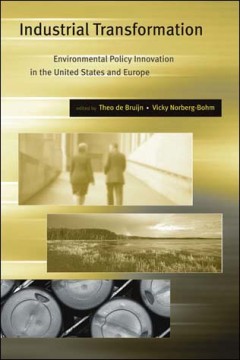
Industrial transformation : environmental policy innovation in the United Sta…
"The papers included were first presented at a workshop at the Kennedy School of Harvard University in the spring of 2001"-The United States and European countries are experimenting with a new generation of policy approaches for combating environmental degradation. Industrial Transformation evaluates the effectiveness of twelve innovative voluntary, collaborative, and information-based programs…
- Edition
- -
- ISBN/ISSN
- 9780262269391
- Collation
- 1 online resource (x, 408 pages) : illustrations
- Series Title
- -
- Call Number
- 338 IND
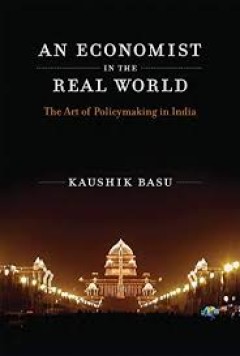
An Economist in the Real World: The Art of Policymaking in India
"In December 2009, the economist Kaushik Basu left the rarefied world of academic research for the nuts and bolts of policymaking. Appointed by the then Prime Minister of India, Manmohan Singh, to be chief economic adviser (CEA) to the Government of India, Basu -- a theorist, with special interest in development economics, and a professor of economics at Cornell University -- discovered the com…
- Edition
- -
- ISBN/ISSN
- 9780262331678
- Collation
- 1 online resource (240 pages) :illustrations
- Series Title
- -
- Call Number
- -

Rethinking Global Land Use in an Urban Era
Today, global land use is affected by a variety of factors, including urbanization and the growing interconnectedness of economies and markets. This book examines the challenges and opportunities we face in achieving sustainable land use in the twenty-first century. The contributors, from a range of disciplines and countries, present new analytical perspectives and tools for understanding key i…
- Edition
- -
- ISBN/ISSN
- 9780262322126
- Collation
- 1 online resource.
- Series Title
- -
- Call Number
- -
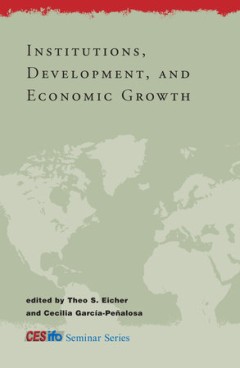
Inequality and growth : theory and policy implications
Even minute increases in a country's growth rate can result in dramatic changes in living standards over just one generation. The benefits of growth, however, may not be shared equally. Some may gain less than others, and a fraction of the population may actually be disadvantaged. Recent economic research has found both positive and negative relationships between growth and inequality across na…
- Edition
- -
- ISBN/ISSN
- 9780262272216
- Collation
- 1 online resource (xiii, 327 pages) : illustrations.
- Series Title
- -
- Call Number
- 330 TUR i
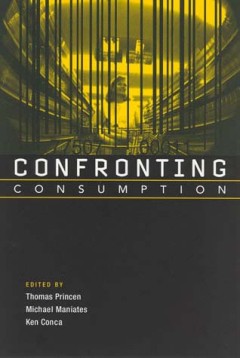
Confronting consumption
Essays that offer ecological, social, and political perspectives on the problem of overconsumption.OCLC-licensed vendor bibliographic record.
- Edition
- -
- ISBN/ISSN
- 9780262281928
- Collation
- 1 online resource (x, 382 pages)
- Series Title
- -
- Call Number
- -
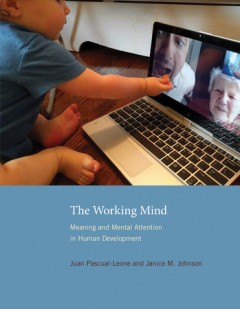
The working mind :meaning and mental attention in human development
"A magnum opus from one of Piaget's most important students. This books seeks to synthesize Piaget's psychology with findings in modern neuroscience to explain cognitive development"--OCLC-licensed vendor bibliographic record.
- Edition
- -
- ISBN/ISSN
- 0262363089
- Collation
- 1 online resource.
- Series Title
- -
- Call Number
- -
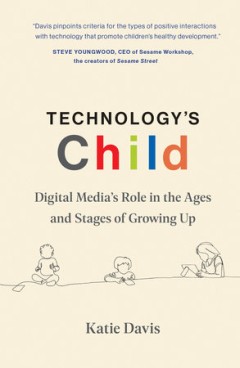
Technology's child :digital media's role in the ages and stages of growing up
"Davis addresses the "screen time" debate by recognizing that children's experiences of technology and social relationships are qualitatively distinct at different stages of development"--OCLC-licensed vendor bibliographic record.
- Edition
- -
- ISBN/ISSN
- 9780262370097
- Collation
- 1 online resource
- Series Title
- -
- Call Number
- -
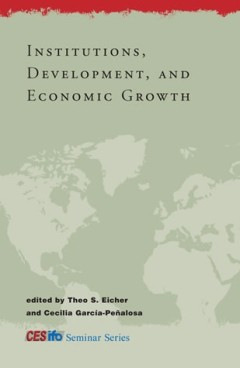
Institutions, development, and economic growth
Annotation The determinants of economic growth and development are hotly debated among economists. Financial crises and failed transition experiments have highlighted the fact that functioning institutions are fundamental to the goal of achieving economic growth. The growth literature has seen an abundance of empirical studies on the influence of institutions and the mechanisms by which institu…
- Edition
- -
- ISBN/ISSN
- 9780262272223
- Collation
- 1 online resource (xiv, 293 pages) : illustrations
- Series Title
- CESifo Seminar Series
- Call Number
- -
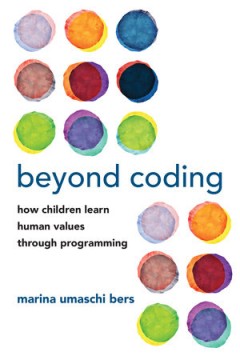
Beyond coding :how children learn human values through programming
"Bers argues that coding should be taught in early childhood and beyond STEM fields, where it is currently isolated from ethical, cultural, and language skills"--OCLC-licensed vendor bibliographic record.
- Edition
- -
- ISBN/ISSN
- 0262368544
- Collation
- 1 online resource.
- Series Title
- -
- Call Number
- -
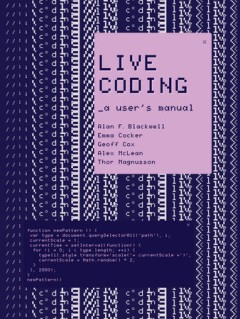
Live coding :a user's manual
"A multi-authored comprehensive introduction to live coding's potential open up deeper questions about contemporary cultural production and computational culture"--OCLC-licensed vendor bibliographic record.
- Edition
- -
- ISBN/ISSN
- 9780262372633
- Collation
- 1 online resource.
- Series Title
- -
- Call Number
- -
 Computer Science, Information & General Works
Computer Science, Information & General Works  Philosophy & Psychology
Philosophy & Psychology  Religion
Religion  Social Sciences
Social Sciences  Language
Language  Pure Science
Pure Science  Applied Sciences
Applied Sciences  Art & Recreation
Art & Recreation  Literature
Literature  History & Geography
History & Geography